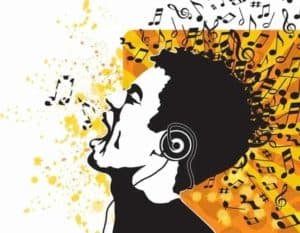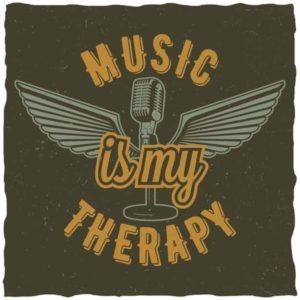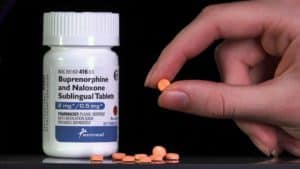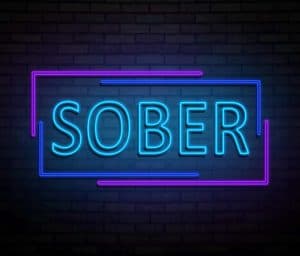Addiction Treatment

Sing Your Life: The Positive Impact of Singing on the Brain
Ever notice how we often sing when we’re excited, exuberant or motivated? This is not a coincidence. Nor is it a coincidence…

Elements of An Effective Aftercare Plan
Key Points: Aftercare is low-intensity care following detox, inpatient, or outpatient treatment. Relapse is incredibly common following addiction treatment. Finding a new…

Intriguing Facts about Music Therapy for Addiction
The answer to the question of how to define “music” must be so elemental it almost defies explanation. How can you have…

Suboxone – Is it Obsolete?
Last week Recovery Unplugged spoke about Vivitrol and how it is helping many people in their recovery from substances. In the not so distant past there was a medication that promised the very same thing: Suboxone. Today, we are going to discuss the facts about Suboxone and the Pros & Cons of this medication. There recently has been some misinformation on the media regarding this medication. We all know or may have heard that South Carolina massacre suspect Dylann Roof had been at one point taking and possibly abusing this medication. Some of the claims were: Suboxone is a powerful mind-altering drug, Suboxone causes mood swings, “Suboxone can make you snap and cause severe depression”. Like any medication but especially a medication like Suboxone it should only be taken under the strict supervision of a qualified certified doctor. This is because Suboxone should only be taken by someone that meets the guidelines, requirements and criteria for the administration of Suboxone. Suboxone does alter the mind and affect behaviour especially when you stop taking it abruptly. There are mood swings such as depression noted as a possible side effect, as well as anxiety and insomnia. There is also an increase of these symptoms if discontinued abruptly. These side effects and symptoms are one of the reasons it should only be prescribed by a qualified certified doctor. A doctor follows his patient closely monitoring all of the possible symptoms and making an informed decision on each patient with regards to Suboxone….

What is a Dissociative Disorder?
While the term may sound foreign, it is highly intertwined with drug and alcohol addiction and many times is the condition that must be treated in rehabilitation to help patients obtain sobriety. What is a dissociative disorder? According to Psych Central’s article, “In-Depth: Understanding Dissociative Disorders,” “Dissociation is a common defense/reaction to stressful or traumatic situations…1” that can become a disorder when a severe isolated trauma or a repeated trauma occurs, which “impairs the normal state of awareness and limits or alters one’s sense of identity, memory or consciousness. ” In short, if something bad happens to a person that is horrifying or occurs frequently, it can severely affect them mentally, emotionally and physically….

Long Term Sobriety
For those who have never struggled with addiction, it may seem like rehabilitation is the final step to lifetime sobriety. Unfortunately, the challenge of long term sobriety is a lifelong task as those who complete addiction rehabilitation must constantly battle with old triggers and temptations. This concept became even more vivid to me with the death of Philip Seymour Hoffman and a Chicago Tribune article, “Actor’s death offers lesson in addiction,” which calls attention to the long-term struggle of addiction even five or 10 years after successful drug treatment and sobriety. I am not sure how much you know about Hoffman’s life and struggle with addiction, but the latest relapse came after 20 years of sobriety, which unfortunately resulted in his sudden passing. With his death, the light has been shined on the issue of addiction and the long-term struggle with sobriety that one faces. According to the article, a study in 2007 “found that 2 of 3 people within their first year of sobriety relapsed. But for those with at least three years of clean time, the relapse rate dropped to 1 in 7. 1” Even though the numbers get better, that still isn’t great when you consider that most people expect those in recovery to be completely healed and living in sobriety for life. The article also says the reasons for relapse shortly after rehabilitation are very similar to that of long-term relapse – “the triggers that can prompt a return to drugs or alcohol — stress, poor coping skills, the belief that substance use can be managed — don’t change over time. ”…